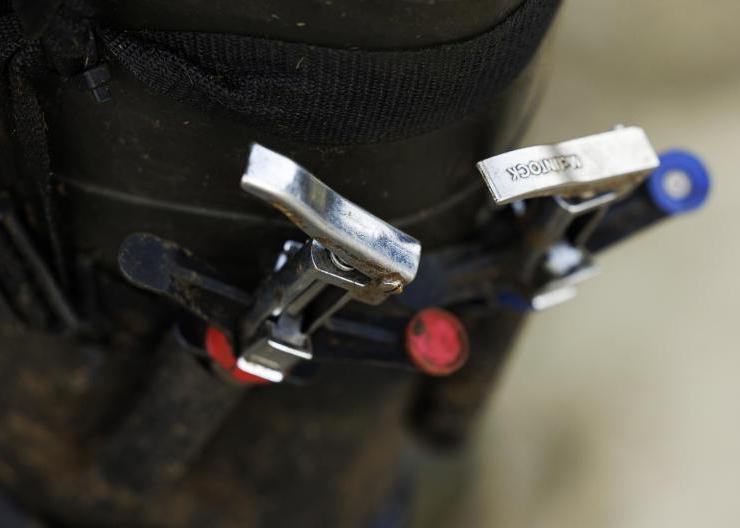There appears to be no solution coming forward for the NI farmers who have around 7,000 mainly Blackface ewe lambs stuck on farms in Scotland.
“We have lobbied as much as we can. We have a letter off to the vice president of the European Commission and I have been talking to our agriculture minister on it. As it stands at the minute, it looks bleak,” UFU president Victor Chestnutt said.
The issue stems from an existing requirement for sheep to be one year old and maedi-visna tested before they move to NI.
From 1 January 2021, Britain will be a non-EU country, but NI will still follow EU rules. It means the sheep moving into NI will also need to come from scrapie-monitored flocks, which most Scottish flocks are not.
“If we get some sort of implementation period, it may allow us to get this year’s in. Unless we get a derogation for those controls, at least for a period to allow the Scottish flock owners to become scrapie monitored, then that trade looks to be in jeopardy,” Chestnutt said.
On enquiry, a DAERA spokesperson confirmed that Agriculture Minister Edwin Poots will be engaging his Ministerial counterparts on this issue.
Other livestock
The movement of other livestock from Britain to NI is also set to disrupted from 1 January 2021, even if a trade deal is agreed between the EU and UK.
With Britain outside the EU’s regulatory zone, NI farmers who bring livestock across the Irish Sea are effectively importing from a third country.
It will bring extra requirements including export health certificates, early notification ahead of export and pre-movement isolation periods.
“We have a lot of lobbying to do to get workable solutions in place,” Chestnutt told UFU members during an online meeting earlier this week.
Machinery
Meanwhile, new and used machinery businesses based in NI also potentially face major disruption to sales once the Brexit transition period ends on 31 December.
All those businesses spoken to this week said that they remain completely in the dark as to how trade will operate from Britain. “No government agency has been in contact. If new rules make it difficult, it will be a total minefield for our business” said Benburb based Alexander Mills.
The major issue dealers face is around machinery brought in from Britain, that could be sold on to a customer south of the Irish border. Without a trade deal, this machinery might be seen as “at risk” of entry into the EU, so tariffs would have to be paid on entry to NI (and claimed back if sold to a NI customer).
Co Antrim based James Alexander conservatively estimates that at least 50% of sales are to customers based in the Republic of Ireland.
“We bring a lot of machinery in from Britain, which is then sold on to customers south of the border. In the case of a no deal, a possible 10% import tariff on tractors exported south will make NI dealerships less competitive” he said.









SHARING OPTIONS